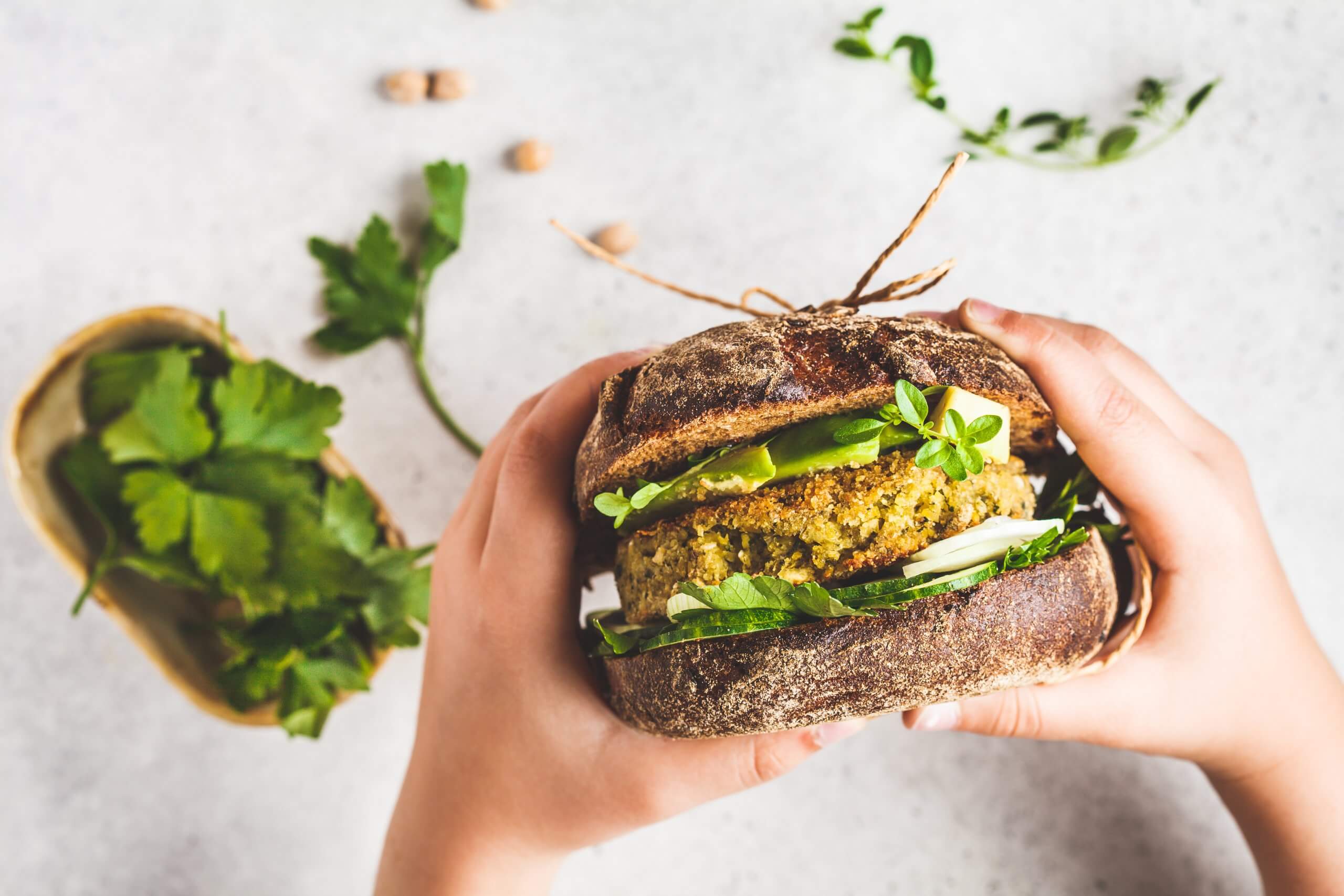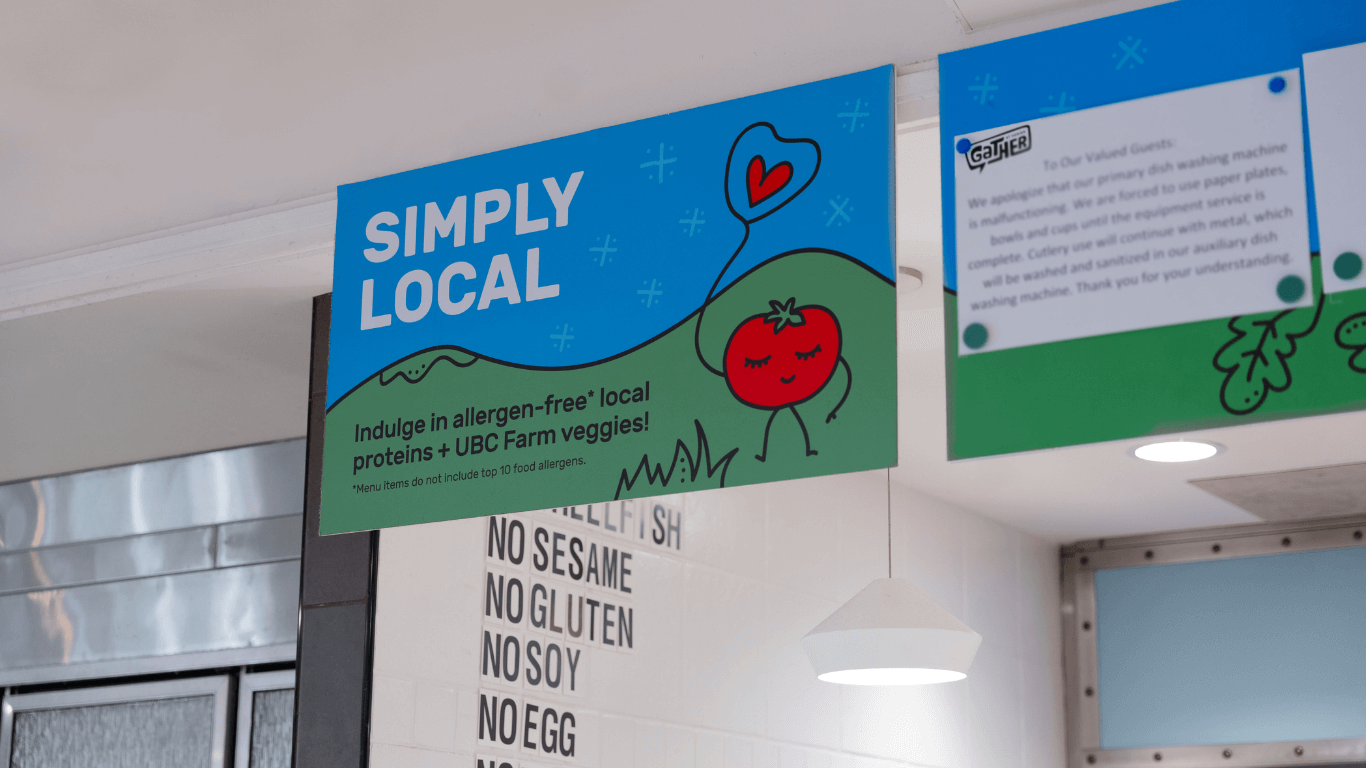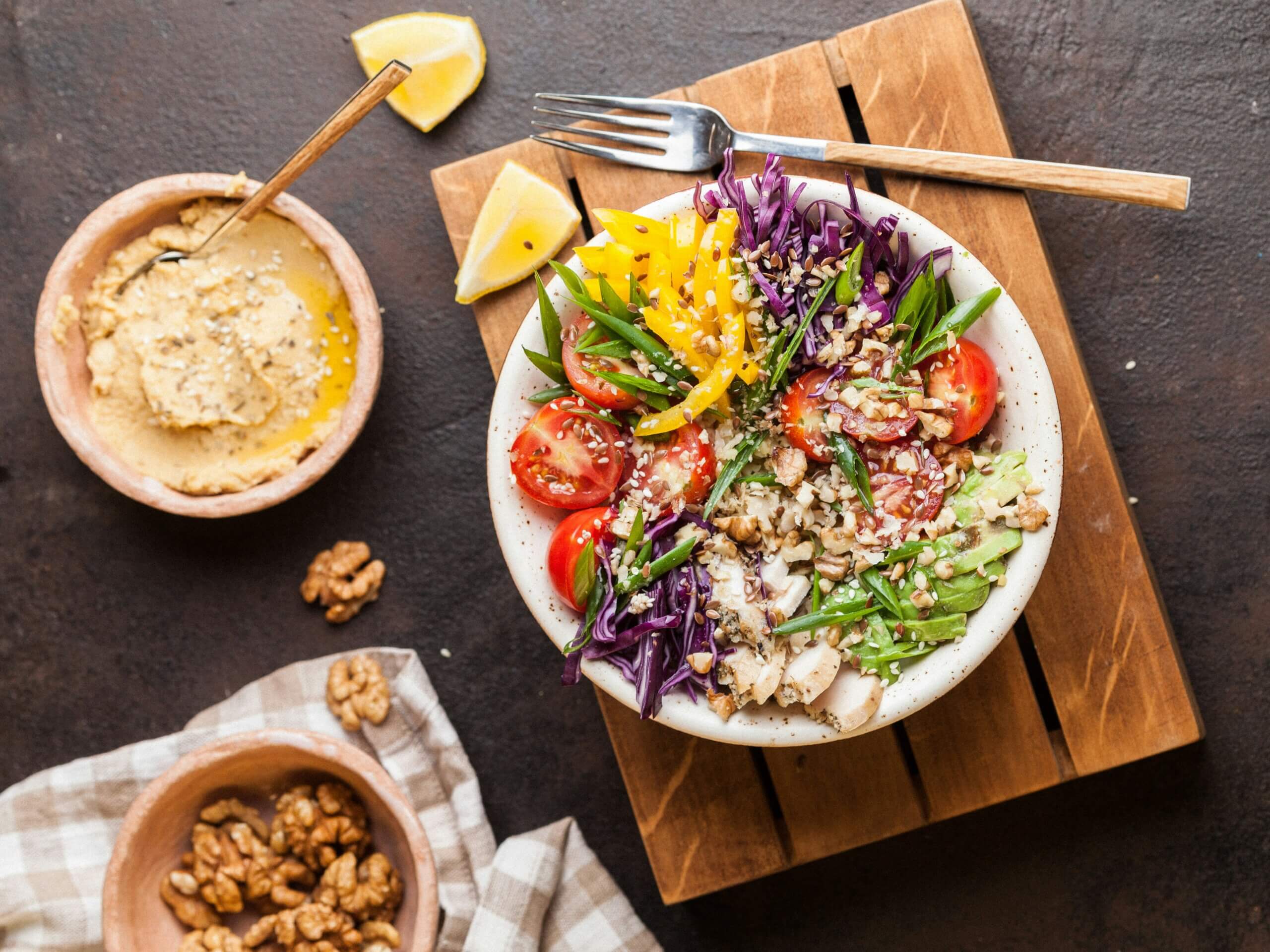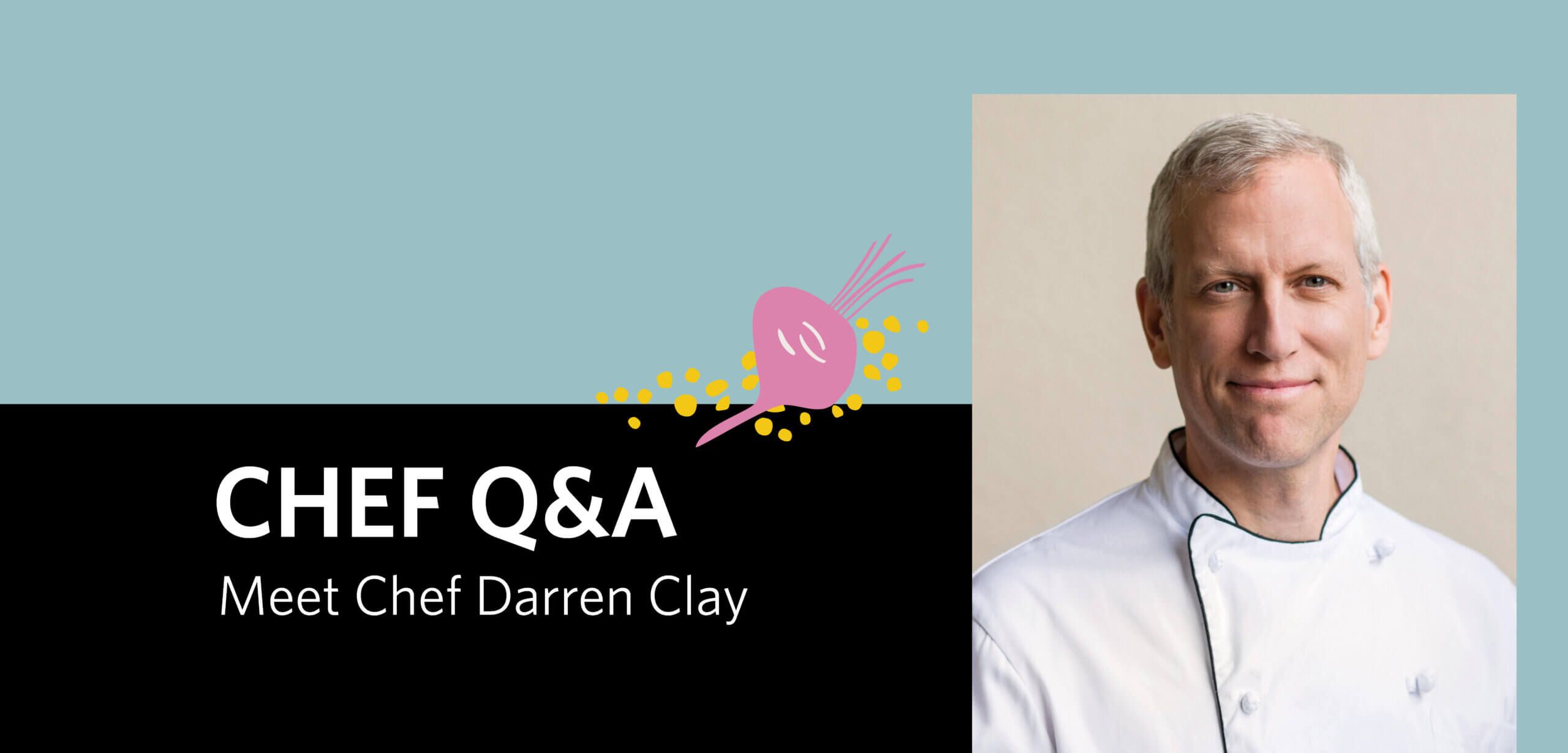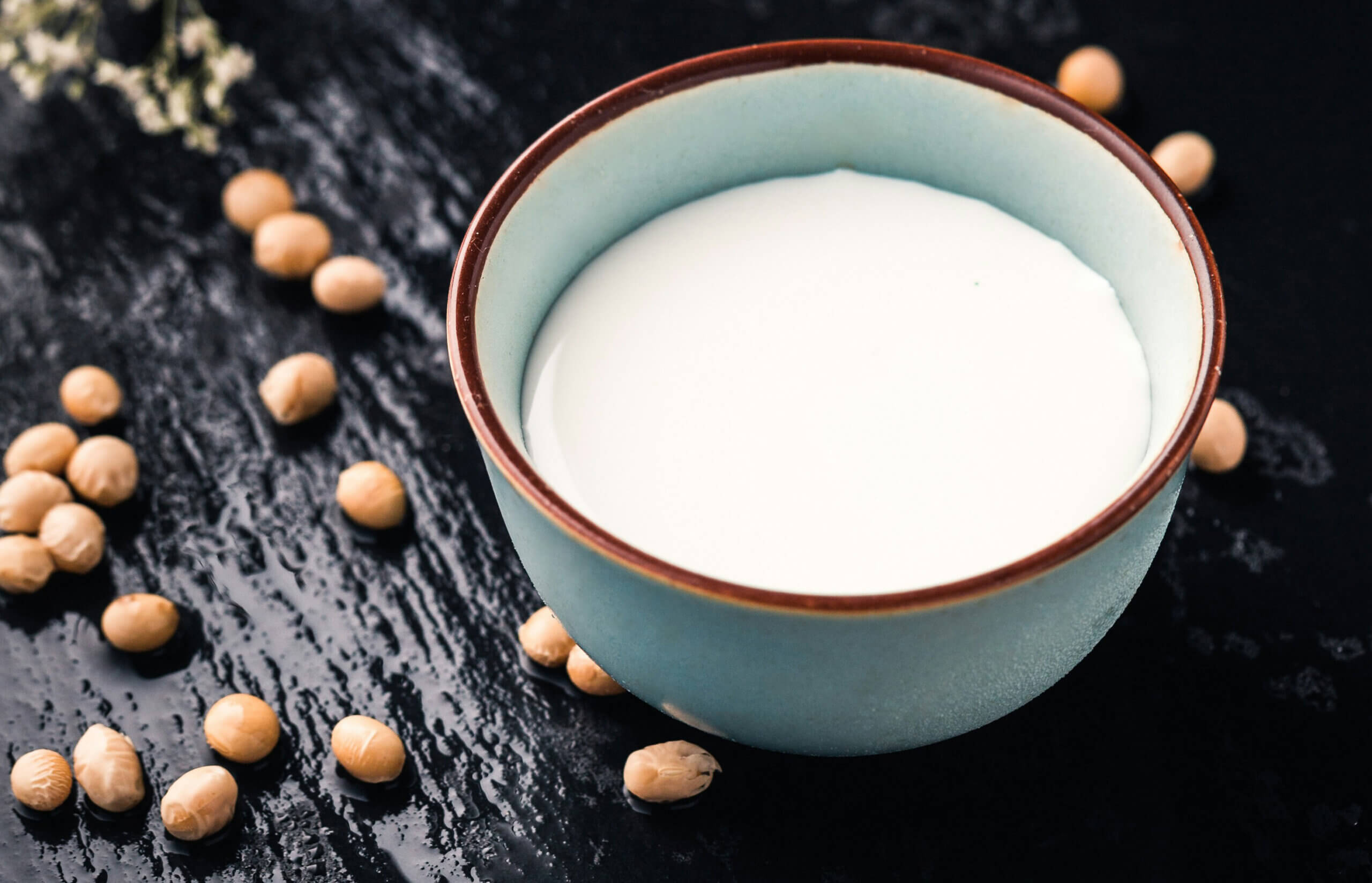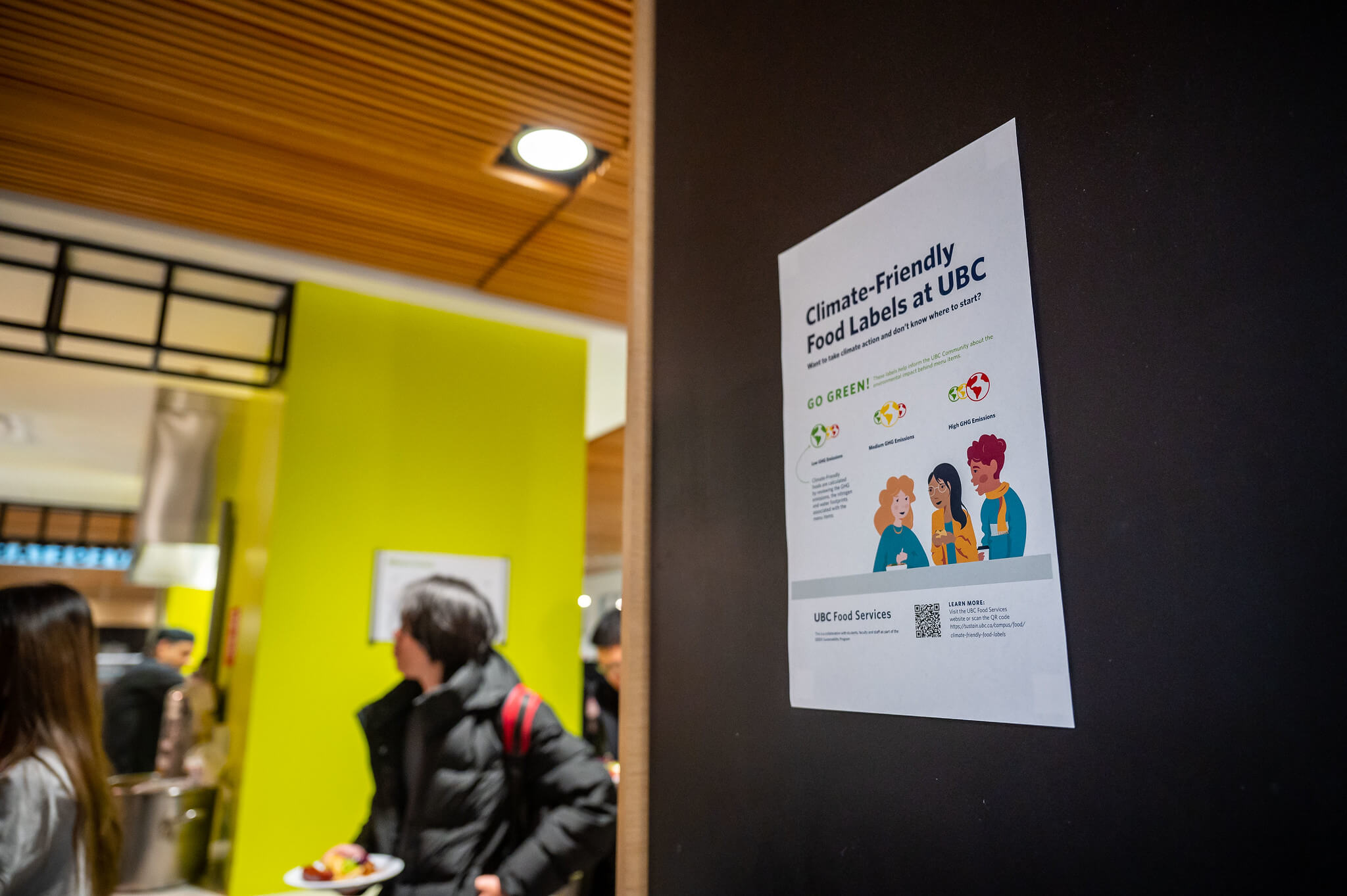A vegetarian diet (like any other dietary pattern) can meet nutrition needs across many ages and life stages if it is well-planned, varied, and balanced. It is especially important to pay attention to certain nutrients when following a vegetarian diet. As always, when you remove or limit a food group from your diet, it is necessary to replace these foods with nutritionally adequate substitutes so your body isn’t missing out on key nutrients.
Am I Getting Enough Nutrients?
Look for these sources of the following key nutrients to add into your diet:
Protein
Vegetarian protein sources include soy products (think tofu, tempeh, soy beans and fortified soy beverage), seitan (made from wheat gluten), legumes (including beans, lentils and chickpeas) and nuts and seeds (as well as their butters). Whole grains and vegetables also contain some protein. Vegetarian diets can also include protein rich animal foods such as dairy products (milk, yogurt, cheese), eggs, and fish or seafood if these foods align with your preferences.
Calcium
If you are not including milk or dairy products in your vegetarian diet, ensure that you are incorporating calcium-fortified foods such as fortified soy beverage or tofu prepared with calcium sulphate. Other sources include legumes (such as white or navy beans) and leafy greens (like spinach, kale and collards). Add leafy greens to your stir-fry, soup or pizza!
Vitamin D
Like calcium, this nutrient is very important for maintaining strong bones and teeth. It is also found mainly in dairy milk, or fortified soy beverage and margarines. Small amounts are also be produced by our skin during the summer months. Living in Canada, vitamin D supplements are recommended as we likely do not receive enough vitamin D from the sun or our foods. Speak to your doctor or Registered Dietitian to determine if you might need a supplement (see FAQs!).
Look for dark green leafy vegetables, quinoa, legumes and dried fruits such as prunes and raisins to meet your iron needs. Some foods are also fortified with iron, such as pastas and cereals. Hot tip – add a source of vitamin C to your iron-rich foods in order to help your body absorb it. Try squeezing lemon over your vegetables or adding in vitamin-C rich tomatoes or bell peppers. Avoid drinking tea, coffee or milk with iron-rich foods as they contain compounds and nutrients that may hinder its absorption.
Vitamin B12
If you don’t include milk or eggs in your vegetarian diet, ensure you look for foods that are fortified with B12, such as soy beverages and cereals. Another vegetarian source is nutritional yeast, which gives food a savoury, cheesy flavour (try this homemade microwave popcorn recipe!)
Zinc
Opt for legumes such as chickpeas, beans and lentils, or include nuts and seeds in your diet. Try a simple vegetarian chilli or sprinkle nuts or seeds over salads and oatmeal. Mix nut butter into a smoothie or spread onto whole grain toast for an easy snack.
Variations
While the classic vegetarian diet replaces meat, fish and poultry with plant-based sources and includes abundant fruits, vegetables, legumes and whole grains, there are several modifications on a vegetarian diet that you might want to try.
For example, a pescatarian diet includes fish and seafood. An ovo-vegetarian may include eggs while a lacto-vegetarian might choose to include milk and dairy products (or, you could try a lacto-ovo diet and include both!). A vegan diet is another version of a plant-based diet that eliminates all meat, fish, poultry and animal-based products (learn more here!). Another option is to simply reduce the amount of animal products you consume and swap them out most of the time for plant-based options – this is sometimes referred to as a reducetarian or flexitarian diet.
The best part is that you can choose the dietary pattern that best suits your lifestyle and personal beliefs. For advice on finding the dietary pattern that is right for you, make sure you speak to a Registered Dietitian!
FAQs
Q – Where can I find a Registered Dietitian?
If you are a student living in residence at UBC, the Residence Dietitian is available to meet with you. For everyone else in British Columbia, you can call 811 to speak to a dietitian over the phone for free, and many extended health programs cover in-person visits to dietitians.
Q – I am a very active person. Will a vegetarian diet be adequate for me?
A vegetarian diet can certainly be adequate for active individuals, as a vegetarian diet typically includes plenty of carbohydrates (from whole grains, fruits and vegetables) as well as protein-rich foods such as tofu, legumes, milk and eggs. Athletes and individuals who are very active may need more calories, macronutrients (for example, protein or carbohydrate) or micronutrients to properly fuel and recover from exercise. To discuss your individual needs and how to increase your intake while meeting nutrient recommendations, make sure you speak to a Registered Dietitian.
Q – I don’t have time to cook elaborate, creative vegetarian meals. How can I make it easier for myself?
Not everyone has to be a master chef in order to follow a vegetarian diet! Many staple foods such as legumes and whole grains can be prepared in batches and stored in the fridge or freezer for those busier nights when you have less time. Keeping frozen or canned vegetables and fruits on hand can also reduce time spent searching for and preparing fresh produce (be mindful of products containing high amounts of added salt and sugars). On the days where you do have more time, plan to make an extra serving or two or your favourite meals to keep in the freezer.
Need More Info?
Recipes from Cookie + Kate, Gimme Some Oven and The Kitchn
